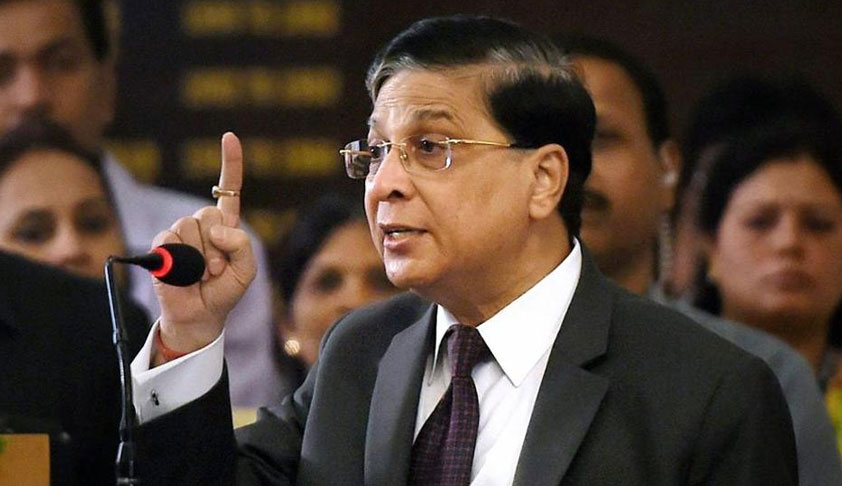Next Story
1 Dec 2017 10:20 AM IST
In a 2015 judgment, Justice Misra had written a 192-word sentence.Chief Justice Dipak Misra has done it again.The judge known to quote extempore from Shakespeare peppering his orders/judgments with words from ancient texts/literature and famous for his word play has written a 148 word long sentence in an order he pronounced three days ago.In a 2015 judgment, Justice Misra had written a...

